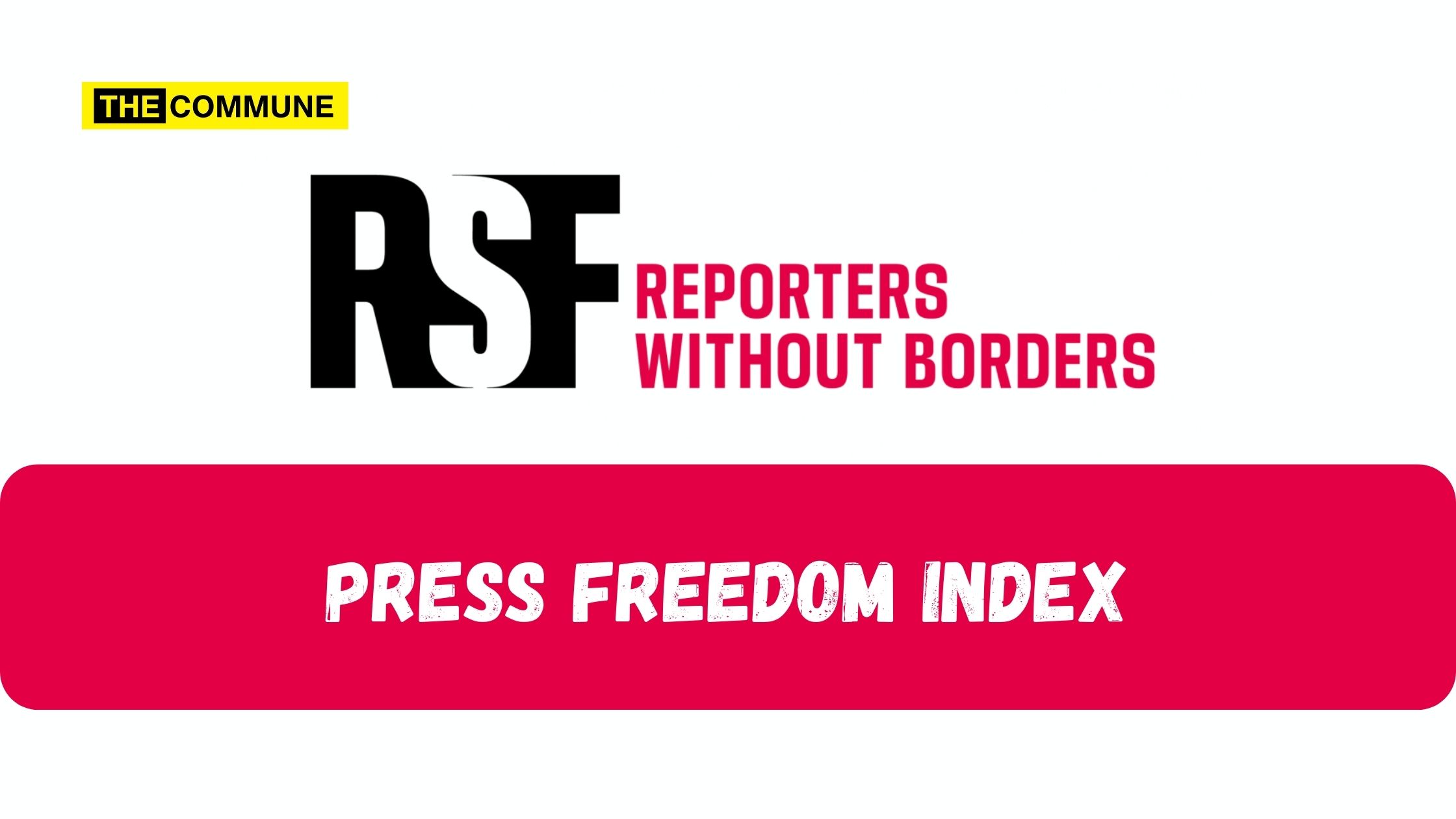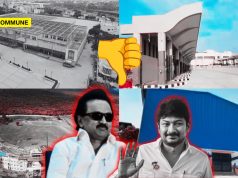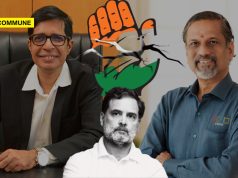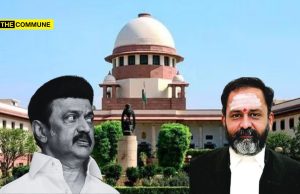
Reporters Without Borders, a Paris based non-profit and non-governmental based organisation publishes the World Press Freedom Index report annually to evaluate the level of freedom that media gets in 180 countries. India was placed in 80th rank in its debut report in 2002, by then the rank gradually fell to 122 in 2010, 131 in 2012, 142 in 2021 and to 150 in 2022.
The report by Reporter Without Borders goes on to make blanket blatantly partisan political statements as follows:
“The prime example is undoubtedly the Reliance Industries group led by Mukesh Ambani, now a personal friend of Modi’s, who owns more than 70 media outlets that are followed by at least 800 million Indians.
It goes on to brand supporters of PM Modi and the Indian electorate who vote for him as “bhakts”.
“Indian journalists who are too critical of the government are subjected to all-out harassment and attack campaigns by Modi devotees known as bhakts.”, the reports says.
As usual, the usual suspects of the leftist media in India have resorted to satiating their political itch by about making a huge hue and cry about India’s ranking in the index.
How Is the World Freedom of Press Index Calculated?
The index score is calculated based on two components, a qualitative analysis in which press freedom specialists like journalists, researchers, academics, correspondents, and human rights activists will be given an online questionnaire comprising 83 questions related to media freedom, media environment, self-censorship etc and a quantitative data on abuses and acts of violence against journalists, and these data will be compiled to arrive at a score.
An Erroneous Methodology
The criteria and methodology are raising serious concerns as they lack transparency. The Organisation has not made it public, the details of respondents, questionnaires, or weightage for each question. The sample size is very tiny and the composition of the sample size is unknown. The questions were answered by 18 Freedom of Expression NGOs, seems like the NGOs are funded by RWB. The correspondents select respondents, the basis and criteria for selection are unknown and opaque.
The questions posed is found irrelevant to the freedom of press, for example, “Is the news media able to achieve financial stability?”,“Are journalists threatened or influenced by corruption?”, Are journalists frequently convicted because of their work, whether for press offences or for common law crimes?”, “Are laws against terrorism, separatism and/or extremism used against journalists?” and so on. The answers to such questions can be highly biased and depend on the ideological mindset of respondents.
Even a legitimate legal process against any individual or media house is counted as an “abuse”, the RSF is basically attacking India’s sovereignty.
Essentially, the RSF seems to believe that no government should take action against journalists who indulge in illegalities or spread misinformation, and no individual can point this out.
Similarly, credible sources are not available for quantitative data on abuse and violence against journalists. The data was not authorised and published by Government agencies and no consultation was made with Government on authenticity.
That India has been ranked at 150 and apparently worse at press freedoms than Hong Kong, which is ranked at 148 says much about the credibility of RSF.
Not only India, many countries pointed out that the report lacked accountability and was opaque. As per NITI Aayog article, The SAB-UNESCO Chair of Media and Democracy at Rhodes University3 had stated “the Freedom of the Press Index (Freedom House) has a neo-liberal predisposition towards the state as predatory, always encroaching on media freedom and independence” – a similar conclusion may also be drawn regarding the WPFI.
The Press Council of India (PCI) had earlier rejected the India’s ranking and said that the report has lack of clarity which were perception-based, not data-driven.
Reporters Without Borders: A Problematic Entity
It’s clear that RSF’s indices, hilarious methodology and grading system do not reflect reality. Reporters Without Borders is supported by Open Society Foundations of George Soros, who had openly expressed his hatred towards nationalism and Prime Minister Narendra Modi while addressing the World Economic Forum at Davos in January 2020.
So, The Freedom of Press Index brought out by Reporters Without Border, an organization of questionable integrity is fit to be junked to the dustbin.
Click here to subscribe to The Commune on Telegram and get the best stories of the day delivered to you personally.




